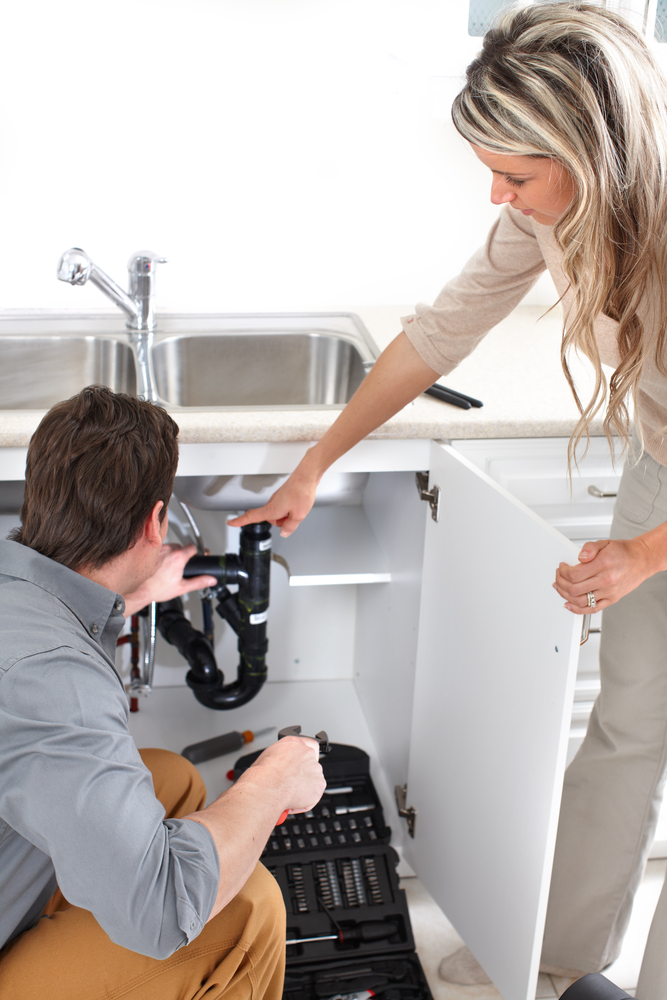Venous insufficiency, a condition that affects the blood flow in veins, demands attention when symptoms arise. Recognizing the signs and seeking guidance from a vein specialist in New Jersey can help prevent serious health issues.
Warning Signs of Venous Insufficiency
Several conditions can cause venous insufficiency, including traumatic injuries, pregnancy, and excess weight. These issues put more pressure on your leg veins, often resulting in vein concerns. Here are some common signs you should look for to determine if you need vein treatment in New Jersey:
- Swelling in Legs and Ankles: Weak or blocked veins can lead to blood pooling, which causes swelling and pressure along the legs and ankles. Heaviness, cramping, and other problems should prompt seeing a specialist.
- Skin Discoloration: Backed-up blood can force out cells, causing your hemoglobin to break down and cause easy bruising along your legs. While not inherently dangerous, it can worsen over time and lead to severe skin concerns.
- Changes in Skin Texture: Ineffective blood flow also prevents transporting oxygen and nutrients, causing thick, tough skin patches to form along the surface. The skin can also flake, and wounds may be more easily visible to the naked eye.
Early detection in these cases is critical to help prevent problems from worsening. Ensure you visit a vein specialist in New Jersey to get advanced diagnostic testing and vein treatment for your condition.
For more information about vein treatment and venous insufficiency, contact the Vein Treatment Center of New Jersey & PA for an appointment with a vein specialist in New Jersey.


